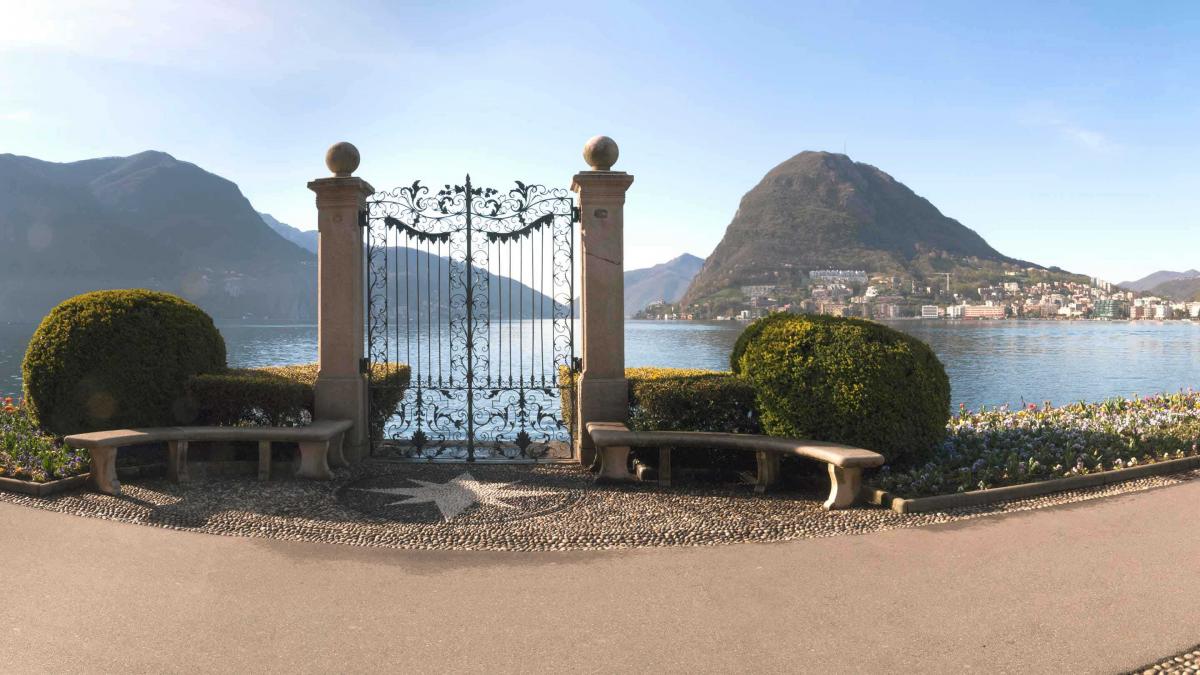“Statistical match predictions are more accurate than many people realize (…) For the upcoming Qatar World Cup, Penn’s model suggests that Belgium (…) has the highest chances of raising the famous trophy, followed by Brazil”
 Even Nature had to get entries on the current football World cup, with a paper on data-analytics reaching football coaches and teams. This is not exactly prime news, as I remember visiting the Department of Statistics of the University of Glasgow in the mid 1990’s and chatting with a very friendly doctoral student who was consulting for the Glasgow Rangers (or Celtics?!) on the side at the time. And went back to Ireland to continue with a local team (Galway?!).
Even Nature had to get entries on the current football World cup, with a paper on data-analytics reaching football coaches and teams. This is not exactly prime news, as I remember visiting the Department of Statistics of the University of Glasgow in the mid 1990’s and chatting with a very friendly doctoral student who was consulting for the Glasgow Rangers (or Celtics?!) on the side at the time. And went back to Ireland to continue with a local team (Galway?!).
The paper reports on different modellings, including one double-Poisson model by (PhD) Matthew Penn from Oxford and (maths undergraduate) Joanna Marks from Warwick, which presumably resemble the double-Poisson version set by Leonardo Egidi et al. and posted on Andrews’ blog a few days ago. Following an earlier model by my friends Karlis & Ntzoufras in 2003. While predictive models can obviously fail, this attempt is missing Belgium, Germany, Switzerland, Mexico, Uruguay, and Denmark early elimination from the cup. One possible reason imho is that national teams do not play that often when players are employed by different clubs in many counties, hence are hard to assess, but I cannot claim any expertise or interest in the game.

